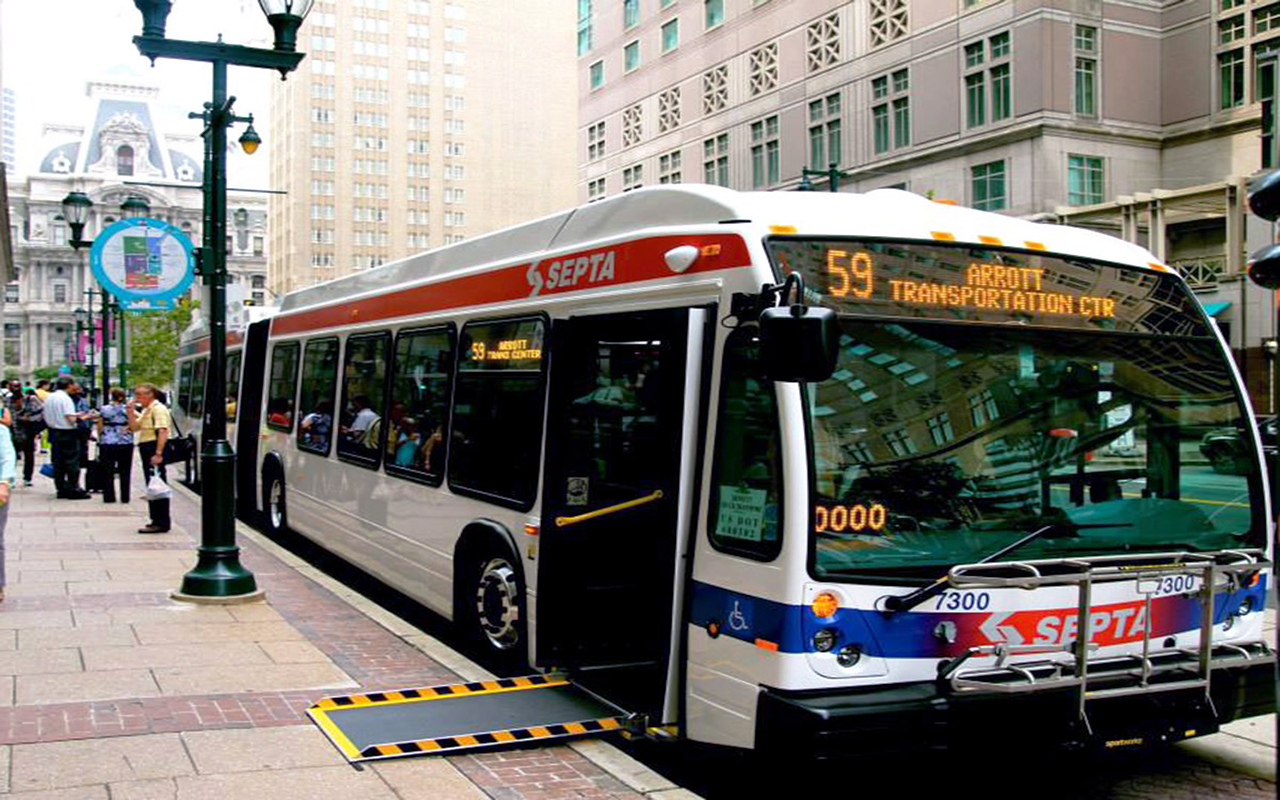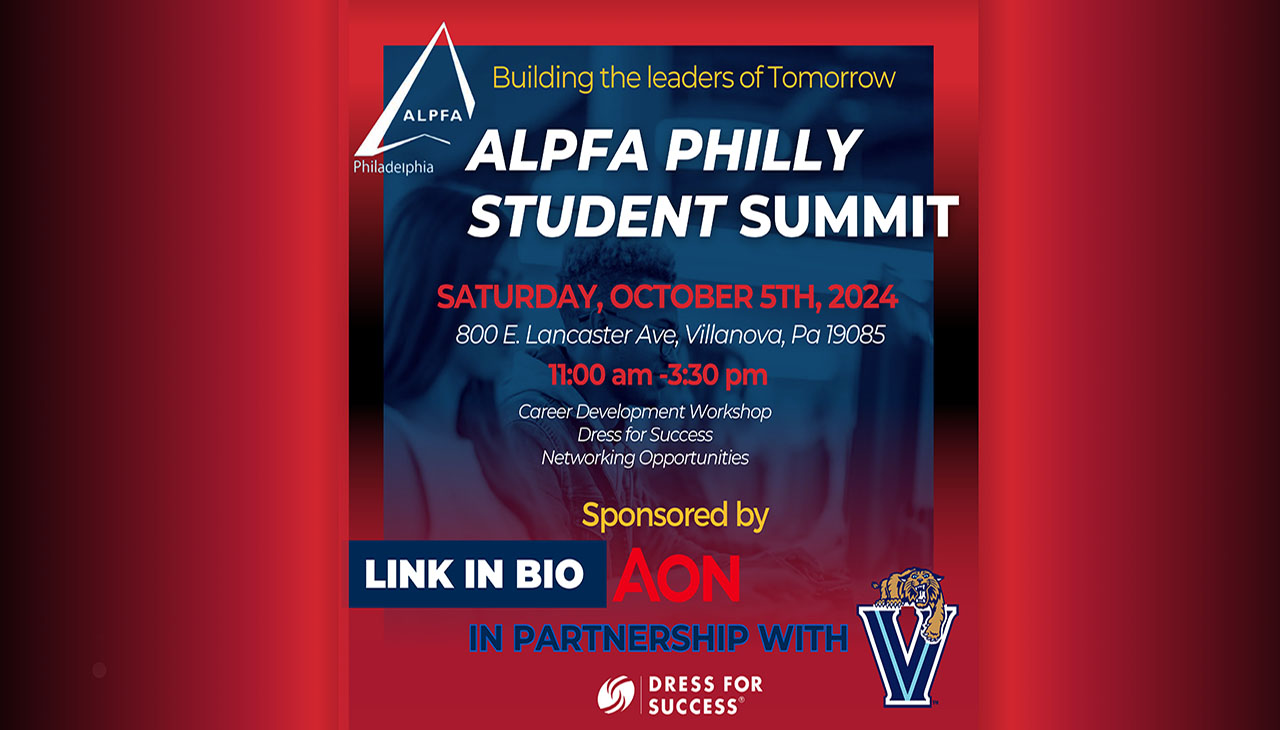Every customer is a regular at the 'house of paper'
Cecilia and Nestor Torres take a personal approach when it comes to their craft and their customers.
The same care and devotion that Cecilia Torres puts in her craft, she puts into the relationships she and her husband have with their customers.
“In the beginning, I had an epiphany,” she said. “Our customers are our best marketing tool. They are going to talk about us and the product. We need to make them proud of what we made for them. Our business strategy really evolved from that way of thinking.”
Cecilia and her husband Nestor Torres run Casa Papel, an “all-in-one” studio in Northern Liberties which allows for creative minds to bring their craft to life or for the uninitiated to consult with the masters of paper. From the beginning, the couple sought to create a space where no matter what experience level the customer falls into, they would be able to find what they need.
“It is very niche,” said Nestor. “But we go from one end of the spectrum to the other.”
It began as a hobby and “kitchen table” business for Cecilia and evolved into a brick and mortar storefront which first opened six years ago.
“I can easily say my wife is a paper junkie,” said Nestor. “She experienced heartaches when trying to design our wedding invitations. There really wasn’t any place she could find that would let her express her creativeness and get everything done. So she just did it herself.”

The store boasts a selection of 325 kinds of paper from around 15 different countries. Metallic, matte, textured and eco-friendly papers line the walls of Casa Papel. Each selection, curated by the owners.
“We’re the largest selection of papers you’ll find in the city and I would even go as far to say we’re probably be biggest selection of paper you’ll find in the tri-state area,” said Nestor.
These papers and supplies are not like reams of printer paper found in an office supply store (though most all of the specialty papers can be used on your home inkjet printer, said Nestor). An experienced crafter would find much of what they need at the establishment.
As you walk into the store on North Second Street, you’ll see a layout showcasing original items which are made by the store’s creative team. While Nestor shows off the papers from far and foreign lands, Cecilia smiles as she works on a few of the day’s tasks at their check-out counter which doubles as a makeshift workspace for small projects and quick fixes.
“About 95 percent of the products you see here are produced, printed and made by us,” said Nestor. There are no big box products here. Everything is handmade. Nothing but craftsmanship.”
The decorative papers hang from racks like fabrics would at a craft store. You can scroll through the selections and find the right color and the right texture for whatever you need to make. Floral designs, raised textures and different dimensions are available. In the middle of the commercial space, there is an aisle displaying the in-house projects that are in stock. Since it is that time of the year, Christmas cards and ornaments are on display. However, also available for purchase are handmade journals and books and stationery.
“What we try to do is really curate a selection of papers,” said Nestor. “Every so often we’ll refresh our collection but for the most part we’ve been lucky that our collection has remained pretty constant for long periods of time. Mostly due in part to our customers’ preferences.”
Behind the front displays are the specialty papers and stationery. There are a variety of patterns, sheens and textures like the larger sheets of decorative paper. The papers are divided by country of origin, the use and material.
“We’ve come across so many varieties, and that’s what we like to offer, any kind of paper you can think of,” said Cecilia. “We even feature an eco-friendly paper that uses no tree pulp.”
Paper à la carte
Complementing the supplies and the in-house products, Casa Papel also offers creative services. Customers can custom order products from Cecilia’s creative team. Most commonly ordered are things like invitations and business cards, but the couple said they will work with customers on any ideas.
“The services side grew pretty much organically,” said Cecilia. “I had been creating since I started on my kitchen table all those years ago. It wasn’t part of the original plan when we opened the store but customers began asking me to design these projects for them.”
Cecilia leads a team of graphic designers, illustrators and a pressman to create projects for both smaller scale customers and larger organizations. Casa Papel has sponsored and worked with organizations like The Hamels Foundation, The Lenfest Foundation and The Abington Health Foundation Women’s Board.
“Our client portfolio has a wide range from customized stationery for weddings, birthdays, bar mitzvahs, bat mitzvahs, to customized collateral pieces for small local businesses, like Rodriguez Consulting LLC and (Sazon Restaurant & Cafe) to unique projects for larger organizations like the Urban League of Philadelphia and Janney Montgomery Scott,” said Nestor.
The couple met in Oregon. Nestor’s career at the time took him to different places around the country. From Oregon, they moved to Pittsburgh and eventually landed in Philadelphia in 2009. That same year, Casa Papel opened in the same location it is today.
“Just to put it in perspective, when we moved here, Northern Liberties was a bunch of empty lots,” said Nestor.
To Cecilia, the partnership with her husband represents a “perfect marriage” of two sides of an entrepreneurial coin.
“Both literally and figuratively,” she said. “(Nestor) has such a wealth of knowledge of the business side of things, once he came on, it was such a relief for me that he was able to help me.”

A graduate of the Fox School of Business and Management at Temple University, Nestor worked in “corporate America,” prior to devoting himself full-time to Casa Papel. He was primarily a sales and operations director for chemical manufacturing giant PPG Industries. Along with working on the West and East coast of the U.S., Nestor also worked in Latin America for three years. There he served as director of business development for PPG’s architectural coatings arm.
“Because I had a formal business background, when Cecilia mentioned her interest in opening up a store I told her I told her why don’t you go through some business curriculum programs and develop some business plans and present them to me,” said Nestor. “I’ll review it and I’ll add on to it and try some financials to see if the business was viable and we’ll see.”
A year after it opened, Casa Papel won a Best of Philly award and as it continued to grow, the business graduated from the Goldman Sachs 10,000 Small Business Program. Most recently, the business was awarded a grant from The Merchants Fund, a Philadelphia-based nonprofit that offers financial help for growing businesses, for it’s new growth initiatives.
“The next step is to begin growing into e-commerce,” said Nestor. “Many people don’t believe us when we tell them that we’ve actually stayed away from selling online,” said Cecilia. “For stores like us, the story is usually is the other way around but we actually started as brick and mortar first. Most of our promotion at the beginning, and even now, is done through word of mouth.”
The Casa Papel Philosophy
Since she was young, Cecilia said she always enjoyed helping people. Over time, this translated into a love of helping customers. One challenge she faced when growing the business was being able to learn the value of her work. She had to learn to see it from a business standpoint instead of just wanting to help someone. However, she said, Casa Papel works in the middle of those two ideas. Though growth is always on her mind, she does not want to lose her initial purpose.
“I knew going into this that relationships and customer service were my number one priority,” she said. “I mean you can have a good product but if you have bad customer service, it might end up being a one and done thing.”
Customer relationships are key to the Casa Papel philosophy, said the couple. A one-on-one approach which provides the feeling of a partnership instead of a transaction. When you enter, you are greeted with a smile. You are welcomed in as a friend and talked to as a neighbor. You are offered a cup of coffee and you become engaged in a conversation about whatever it is you need. It might be to buy some supplies, or to commission a new project, or maybe you just wanted to stop by and browse.
“For us it is very important that we engage our customers, regardless for what they are coming in for, at a personal level,” said Nestor. “We want to know how they are, what they have going on and so on. Are they looking for anything special? If so, how can we help you?”
That might just sound like good business practices, but the couple said they approach all aspects of their business with the same philosophy. Nestor explains they want their customers to feel like they go through the same creative process Cecilia and her team go through with every piece.
“It’s all about getting our clients involved in the creation so that ownership comes from within,” he said. “We’re not creating something and handing it over, we’re working on that piece with you. That creates a bond.”
The couple said this bond is what makes customers become regulars. It also helps maintain and promote the Casa Papel brand. Cecilia said she treats every project as if it were her own. Every aspect of the design and customer service experience is designed to make the customer feel like they are being looked after at all times.
“There are times where I’ve stopped the press and said you know what, I’m just not comfortable with this,” she said. “I’ll call the client and say, you know I think it can be done better this way. It’s going to take a couple more days. When you put that kind of thought into it, the customer knows that they can trust us and that if it means an extension on the deadline then they are fine with that.”
However, Nestor and Cecilia want to build something more than just a business partnership with their customers. They really want to build a community and a family with their patrons.
“This is my ‘casa’,” said Cecilia. “I treat the studio like my home. When a stranger walks into your home, you don’t just let them walk around on their own. You go up to them and greet them and ask them how they are doing. You have to be a host.”

Born in Puebla and raised in Mexico City, Cecilia came to the U.S. at age ten. She was adopted by missionaries while they lived in Mexico. Nestor was born in North Philadelphia. Cecilia said their respective families and upbringings have influenced them, both with the business and in their lives. Nestor agreed.
“My family is puertorriqueño,” he said. “I was raised with a very influential Puerto Rican culture. Spanish at home, our holidays, music. “El Barrio” was just like ok this is little Puerto Rico. Then in school it was English and the American influence.”
So both set out to unite what influenced them. Cecilia said their ability to adapt culturally has helped her and her husband. This idea of being “culturally bilingual” something both see as a common trend in the younger generations of the Latino culture.
“It’s about being a Latino in Philadelphia, and really pushing the barriers of involvement and inclusion for the Latino individuals and businesses,” said Nestor. “We want to be involved with the other circles and individuals that you might not necessarily always associate with.”
He equates it to a kind of cultural “pioneering”, another term that was brought up in conversation. Breaking through the barriers that Latinos have been trying to break through for generations in America, but doing it through the “art” of business.
“We try to present, from an advocacy standpoint almost, that we as Latinos in Philadelphia, and more personally I as a Latino-Philadelphian, we can contribute, said Nestor. “We can be part of commerce, education and so on.”
And that, Nestor said, feeds into a sense of altruism that the couple want to have when it comes to their community. A sense that they have to give back both directly and indirectly. Directly in terms of tangible contributions and indirectly in terms of providing what they feel is an example for other businesses Latino or otherwise.
“For me, I was born and raised in North Philadelphia, went to inner city schools first generation to go to college, first generation to graduate high school,” Nestor said. “Now to be able to look at that trajectory and be able to come back to the city that I was raised in, I say now there are roots there and a need to contribute back and show that that we can be a part and contribute positively.”
Sidebar: The need for more business relationships in the Latino community

When he was first introduced to the public as the new chairman of the Greater Philadelphia Hispanic Chamber of Commerce (GPHCC), Louis Rodríguez said he remembered when he met Nestor Torres.
“Last February the GPHCC conducted its annual meeting of members,” he said. “The first person to congratulate me after the meeting was Nestor, a (chamber) member that I had never met before.”
Since then, Rodríguez said he and Torres have created a relationship he says “epitomizes” what all business owners should strive for, whether they are Latino or not.
“The model is a simple one,” he said. “People like doing business with people they know, like and trust.”
Over the years, Rodríguez said he has heard much about numbers when it comes the Latino business community. However, he believes the number of businesses and the number of people in the chamber “do not mean a thing” if the group is not organized and does not conduct business within the community.
“The numbers certainly mean that there is tremendous potential, but potential without action is nothing,” he said.
One of the challenges with any chamber, Rodríguez said, is encouraging businesses to work with each other as well as outside the community. He said in the Latino business community, this is one of the biggest challenges that he wishes to address.
“If you look at the Jewish business community for example, I would say a dollar circulates a lot more there than in our community,” he said. “The Latino community almost segregates itself. Even the non-profits can be guilty of this sometimes.”
It becomes more and more important for the community to look within itself as it begins to grow, said Rodriguez. He believes relationships are “not there” in the Latino business community.
“I have tried to think about this issue every night,” he said. “I’m reminded of Nestor and when I first met him. I made it a point of doing business with him because of what he provides.”
When he first started doing business with Casa Papel, Rodríguez said Nestor and his wife were not focused on just selling their product. He and Nestor would spend their time getting to know each other as two entrepreneurs who “shared a passion” for what they did.
“In my mind the sale was a foregone conclusion,” said Rodríguez. “We were on to bigger things, like discussing how to grow our businesses, construct buildings, and improve the Latino community in Philadelphia.










LEAVE A COMMENT:
Join the discussion! Leave a comment.